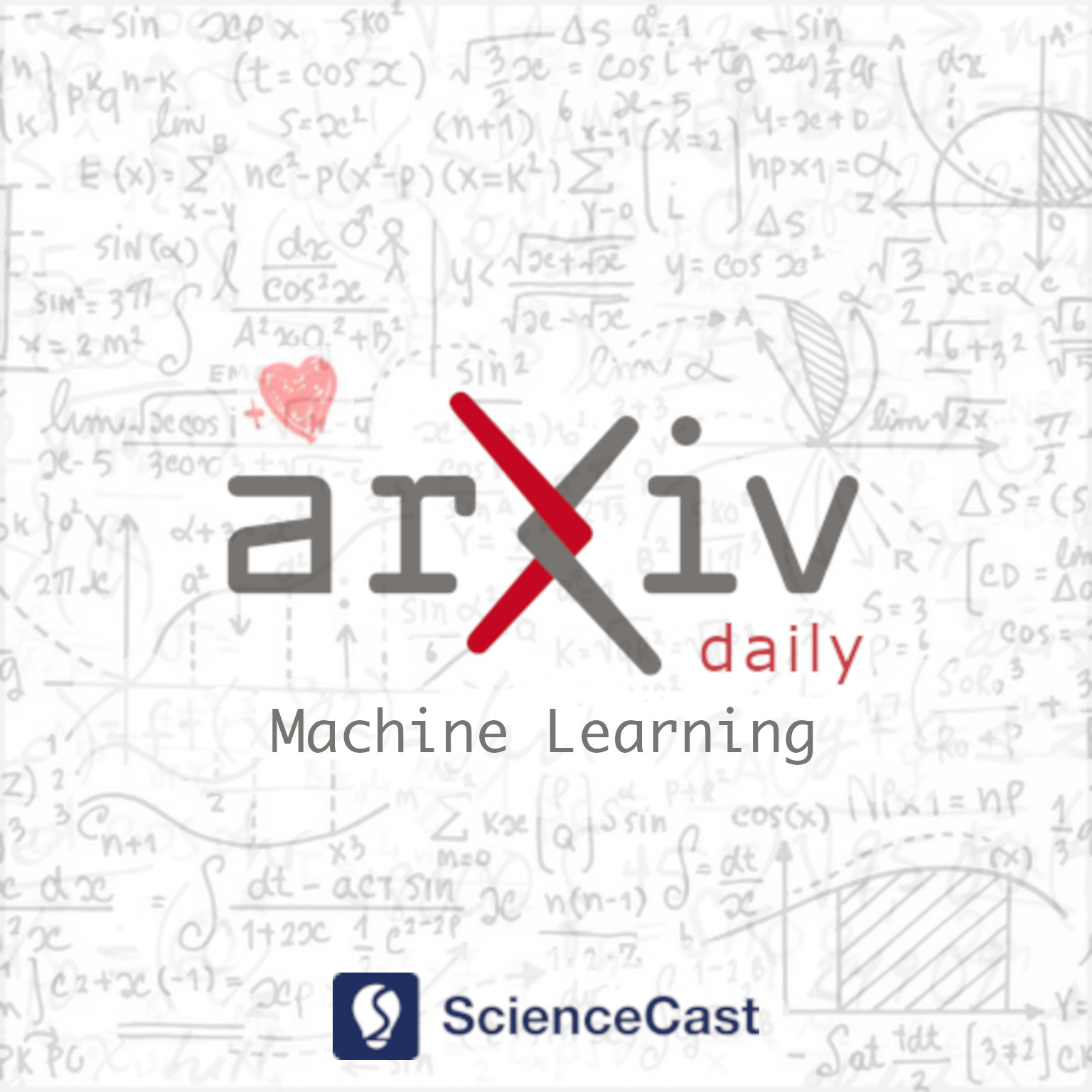
Machine Learning (stat.ML)
Tue, 11 Jul 2023
1.Differentially Private Statistical Inference through $β$-Divergence One Posterior Sampling
Authors:Jack Jewson, Sahra Ghalebikesabi, Chris Holmes
Abstract: Differential privacy guarantees allow the results of a statistical analysis involving sensitive data to be released without compromising the privacy of any individual taking part. Achieving such guarantees generally requires the injection of noise, either directly into parameter estimates or into the estimation process. Instead of artificially introducing perturbations, sampling from Bayesian posterior distributions has been shown to be a special case of the exponential mechanism, producing consistent, and efficient private estimates without altering the data generative process. The application of current approaches has, however, been limited by their strong bounding assumptions which do not hold for basic models, such as simple linear regressors. To ameliorate this, we propose $\beta$D-Bayes, a posterior sampling scheme from a generalised posterior targeting the minimisation of the $\beta$-divergence between the model and the data generating process. This provides private estimation that is generally applicable without requiring changes to the underlying model and consistently learns the data generating parameter. We show that $\beta$D-Bayes produces more precise inference estimation for the same privacy guarantees, and further facilitates differentially private estimation via posterior sampling for complex classifiers and continuous regression models such as neural networks for the first time.
2.Tracking Most Significant Shifts in Nonparametric Contextual Bandits
Authors:Joe Suk, Samory Kpotufe
Abstract: We study nonparametric contextual bandits where Lipschitz mean reward functions may change over time. We first establish the minimax dynamic regret rate in this less understood setting in terms of number of changes $L$ and total-variation $V$, both capturing all changes in distribution over context space, and argue that state-of-the-art procedures are suboptimal in this setting. Next, we tend to the question of an adaptivity for this setting, i.e. achieving the minimax rate without knowledge of $L$ or $V$. Quite importantly, we posit that the bandit problem, viewed locally at a given context $X_t$, should not be affected by reward changes in other parts of context space $\cal X$. We therefore propose a notion of change, which we term experienced significant shifts, that better accounts for locality, and thus counts considerably less changes than $L$ and $V$. Furthermore, similar to recent work on non-stationary MAB (Suk & Kpotufe, 2022), experienced significant shifts only count the most significant changes in mean rewards, e.g., severe best-arm changes relevant to observed contexts. Our main result is to show that this more tolerant notion of change can in fact be adapted to.
3.Geometric Neural Diffusion Processes
Authors:Emile Mathieu, Vincent Dutordoir, Michael J. Hutchinson, Valentin De Bortoli, Yee Whye Teh, Richard E. Turner
Abstract: Denoising diffusion models have proven to be a flexible and effective paradigm for generative modelling. Their recent extension to infinite dimensional Euclidean spaces has allowed for the modelling of stochastic processes. However, many problems in the natural sciences incorporate symmetries and involve data living in non-Euclidean spaces. In this work, we extend the framework of diffusion models to incorporate a series of geometric priors in infinite-dimension modelling. We do so by a) constructing a noising process which admits, as limiting distribution, a geometric Gaussian process that transforms under the symmetry group of interest, and b) approximating the score with a neural network that is equivariant w.r.t. this group. We show that with these conditions, the generative functional model admits the same symmetry. We demonstrate scalability and capacity of the model, using a novel Langevin-based conditional sampler, to fit complex scalar and vector fields, with Euclidean and spherical codomain, on synthetic and real-world weather data.